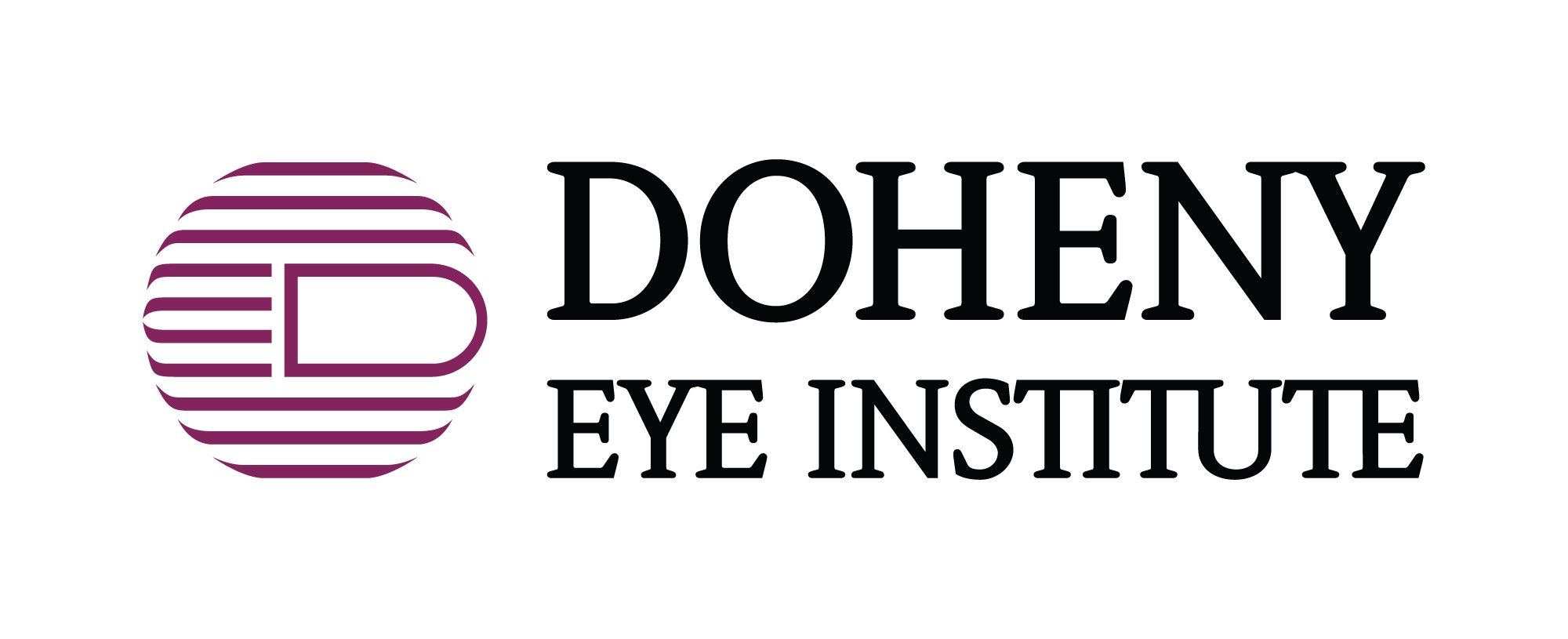
Discovery platform by RetinaAI debuts to boost ophthalmic care

Key Takeaways
- RetinAI Discovery for Clinics enhances clinical workflows with AI models, improving decision-making, teleophthalmology, and patient management for ophthalmologists and optometrists.
- The platform aggregates and analyzes large datasets, supporting DICOM and other imaging formats, and offers progression analytics for disease tracking.
The platform streamlines clinical decision workflows, management of teleophthalmology, referral decisions and patient management while improving clinic efficiencies.
Ikerian AG and RetinAI Inc. US has launched RetinAI Discovery for Clinics, with 2 product versions to address the needs of Ophthalmologists and Optometrists.
According to a news release,1 Discovery for Clinics and its expert-level AI models have been designed to accelerate and enhance clinical decision workflows, teleophthalmology management, referral decisions and patient management generating data efficiencies and enhancing decisions for clinics.
The vendor-neutral and multi-modality platform harmonizes, aggregates, and connects large datasets on a single, cloud-based repository for data. The data is then automatically analyzed with RetinAI’s CE-marked and Research Use Only (RUO) AI algorithms for accelerated and AI-biomarker-based treatment decisions. The AI models can be processed on DICOM and other formats for OCT and fundus imaging.
“Discovery for Clinics is a powerful tool empowering not only physicians with enhanced AI-powered data insights to optimize outcomes and treatments, but also patients, giving them access to their data, ”Carlos Ciller, PhD, CEO and co-founder of Ikerian, parent company of RetinAI, said in the news release.
According to the company, both the ophthalmology and optometry versions of Discovery for Clinics have progression analytics to help track trends in outcomes and provide powerful visualization to patients on the progression of their disease.
The company noted that the ophthalmology version features RUO AI models for a more detailed analysis of geographic atrophy, and the ability to look at future atrophy progression through the prediction progression model. The company’s AI models also are compatible with DICOM and other formats for optical coherence tomography and fundus imaging.
Moreover, the platform can connect healthcare stakeholders and patients with Discovery Passport, a feature that allows physicians to securely share with patients their data and remote questionnaires, to improve patient engagement and ultimately continue the quality of care for patients both in and outside the clinic. The platform in both versions supports referral networks and participation in clinical trials via the collection of Real-World Data (RWD), enabling clinics to generate additional service opportunities.1
“RetinAI Discovery and its fast volumetric AI analysis of OCT images and intuitive progression graphs have provided me with new insights into eye diseases, allowing me to build on existing blocks of AI technology to extract my clinical insights quicker,” Marion R. Munk, MD, PhD, FEBO, a senior retinal physician, Augenarzt-Praxisgemeinschaft Gutblick AG, said in a news release.
In November, RetinAI Medical AG announced it is joining the Ryan Initiative for Macular Research (RIMR) Age-Related Macular Degeneration (AMD) Imaging Consortium, a non-profit group of physicians, researchers and industry partners working together to define optimal biomarkers and endpoints in AMD.
RIMR members from around the world will now be able to connect through RetinAI’s cloud-based platform, RetinAI Discovery, to facilitate a frictionless collaboration and derive insights on global AMD datasets, helping to advance research in this disease that is a leading cause of blindness in older individuals.2
SriniVas Sadda, MD, executive committee chairman for RIMR, Director of the AI Laboratory at Doheny Eye Institute, and professor, David Geffen School of Medicine at UCLA, said the organization is excited about working with RetinAI as a member of the consortium.
“RetinAI’s focus on digital health technologies and connectivity in Ophthalmology will enable us to build a highly-diverse database in AMD, providing the enriched insights to advance our understanding of AMD to drive our goal for finding a cure in AMD,” Sadda concluded in the news release.
Reference:
RetinAI Discovery platform and AI tools launched to improve decision workflows, referrals and patient management in Clinics for Ophthalmologists and Optometrists | News | RetinAI. www.retinai.com. Accessed February 20, 2024.
https://www.retinai.com/press-releases/retinai-discovery-platform-and-ai-tools-launched-to-improve-decision-workflows-referrals-and-patient-management-in-clinics-for-ophthalmologists-and-optometrists Retinai joins forces with Stephen J. Ryan Initiative for macular research (RIMR) AMD Consortium to forge a Global Retinal Imaging initiative targeting research in AMD: News RetinAI. Published November 29, 2023. Accessed November 29, 2023. DOI:https://www.retinai.com/press-releases/retinai-joins-forces-with-stephen-j-ryan-initiative-for-macular-research-rimr-amd-consortium-to-forge-a-global-retinal-imaging-initiative-targeting-research-in-amd
Newsletter
Don’t miss out—get Ophthalmology Times updates on the latest clinical advancements and expert interviews, straight to your inbox.





























